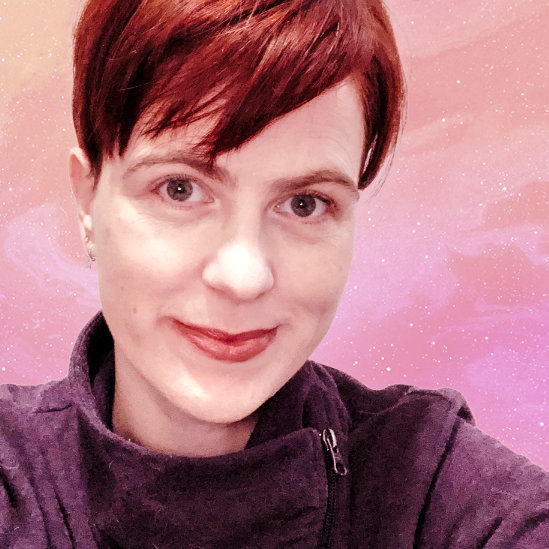Self-Directed Spirituality
How to self-authorize your spiritual exploration.
I didn’t grow up in any religion. My dad, who I lived with, was a scientific atheist, and somewhat dogmatic about it. My mom was into all sorts of things without any clear dogma.
So I found my own way. You can too.
Religious leaders do not own the concept of God. You can feel it out for yourself. (Emphasis on feeling…not believing).
This is how I define God:
a felt sense of the underlying harmony and interconnectedness of the Universe
It’s a combination of Taoism and my personal experience. I think this matches some people’s definition; I’m also aware that it has nothing to do with a lot of other people’s definition.
Some people prefer the word Source. It’s neutral, and it actually describes what I’m talking about. I still tend to use God or Tao, as I wasn’t raised with any religion so the words don’t have connotations to me.
| Common Ideas About God | My Experience of “Source” |
| A being/entity | A force or underlying field |
| The ultimate authority in a top-down way–CEO of the Universe. | Like water, supporting you from the bottom, the ground of your being. |
| In the sky/heaven, looking down at us. | Everywhere, in everything. |
| Gendered, usually male | Gender doesn’t make any sense. |
| Inherently perfect, while we are inherently imperfect. | Perfection doesn’t make much sense–everything just is. |
| Decides what is good or bad; expects us to obey. “Saves” us if we repent. | We are responsible for our own choices, actions, and consequences. There is no outside moral force–we have to deal with our own mistakes. |
| Belief is important; faith is believing in things you can’t see. And it’s a test. | Experience is important; when we experience interconnection and expansiveness, it enriches our lives. |
| God has a plan for your life. Your life really belongs to Him. | We are each a manifestation of Source, with unique gifts to share with the world. There is potential wanting to be expressed through us, but we get to choose how that happens. Your life belongs to you. |
| If you don’t follow the rules in this life, you’ll be punished forever in the afterlife. | While there are natural consequences to actions, these are not moralistic punishments. Some extend this to future lives. |
| God sets the standards, and you have to follow them whether they feel good or not. The rules are laid down in a book, and told to you by superiors. If you are doing it “right”, you’ll feel them in your heart–but if you don’t feel them in your heart, you must be doing them wrong. | There is an underlying harmony to the Universe that it feels good to be in alignment with. Our heart and body can sense it when we are paying attention. It feels inherently good and right to us, and does not require sacrifice. And we each get to decide for ourselves what is good for us based on our own experience. |
